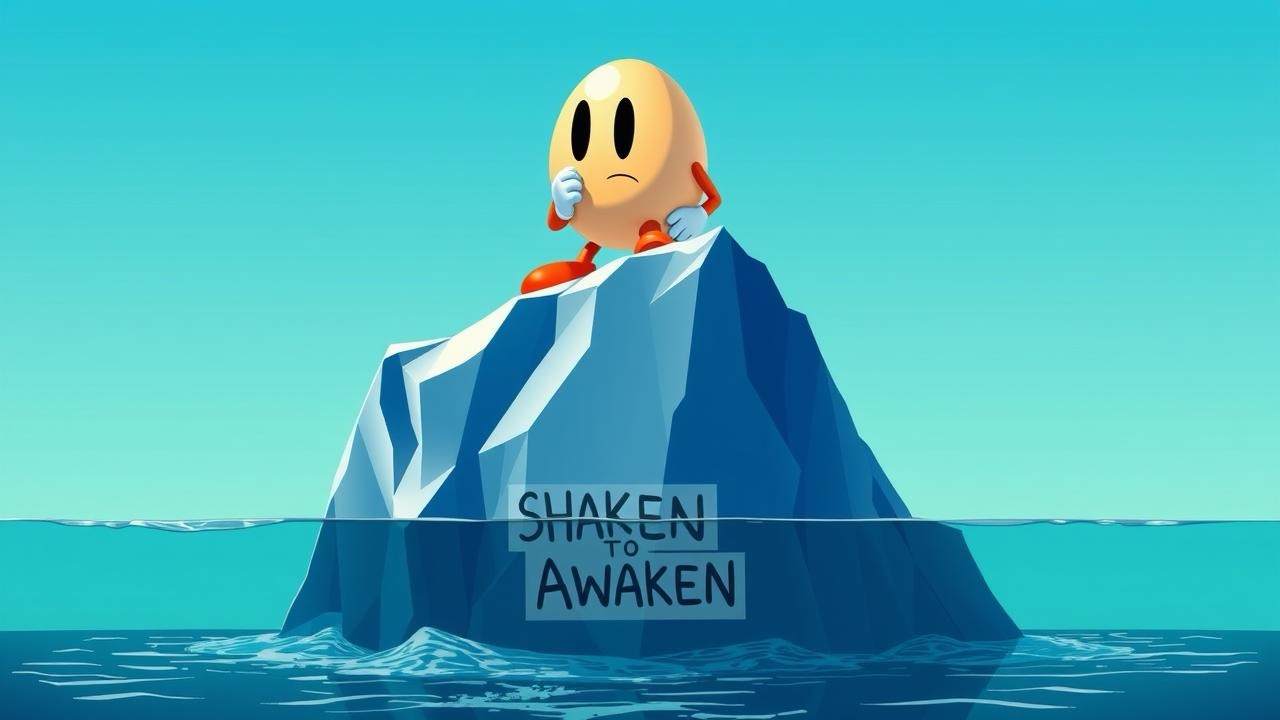There are numerous historical, biblical, esoteric, and ancient teachings that reflect the concepts of being “shaken to awaken” or “offended into thinking,” often tied to the interplay between narcissism and empathy. These sayings and teachings suggest that discomfort and challenge are catalysts for growth, transformation, and self-awareness. Here are some examples:
Biblical Teachings
1. “For whom the Lord loves He chastens” (Hebrews 12:6):
This reflects the idea that discomfort, struggle, and challenge are not punishments but opportunities for spiritual refinement and awakening, shaking individuals from self-centered ways into deeper empathy and understanding.
2. “The stone the builders rejected has become the cornerstone” (Psalm 118:22):
This symbolizes how what is dismissed or challenges us the most can become the foundation for enlightenment and growth. It echoes the idea that offenses or rejection can lead to profound realization.
3. “Pride goes before destruction, and a haughty spirit before a fall” (Proverbs 16:18):
This underscores how narcissistic tendencies, such as pride, lead to downfall, forcing introspection and transformation.
Esoteric Teachings
1. The Alchemical Principle of Calcination:
In alchemy, the process of calcination—burning away the ego—is a metaphor for being “shaken to awaken.” The destruction of false identity (often tied to narcissism) paves the way for spiritual rebirth and empathy.
2. The Hermetic Axiom: “As Above, So Below; As Within, So Without”:
This teaches that external challenges (offense or “shaking”) reflect internal imbalances. Narcissism and empathy are mirrors; understanding one helps awaken the other.
3. The Tarot’s Tower Card:
Representing upheaval and the destruction of false structures, the Tower signifies being shaken by life’s challenges to reveal deeper truths. It’s the breakdown of narcissistic illusions to rebuild with empathy and wisdom.
Philosophical and Ancient Sayings
1. Socrates: “The unexamined life is not worth living”:
Socrates championed discomfort through questioning, often offending others into deeper thought. His method reflects the idea of shaking the ego to awaken the soul.
2. Lao Tzu: “To the mind that is still, the whole universe surrenders”:
Lao Tzu’s teaching links the dissolution of ego (narcissism) with the awakening of empathy and wisdom, where shaking forces stillness and clarity.
3. Rumi: “You have to keep breaking your heart until it opens”:
This Sufi saying mirrors the idea of being shaken or challenged to awaken compassion and empathy, breaking through narcissistic walls of self-protection.
Narcissism vs. Empathy in Teachings
1. Jesus: “Love your enemies, bless those who curse you” (Matthew 5:44):
This challenges the narcissistic need for retaliation, shaking individuals into empathic thinking and spiritual maturity.
2. Buddha: “You only lose what you cling to”:
This reflects how narcissistic attachment leads to suffering, and releasing it opens the path to compassion and understanding.
3. Native American Proverb: “No tree has branches so foolish as to fight among themselves”:
This reflects the harm of narcissistic division and encourages a collective, empathetic awakening to unity.
Modern Parallels
1. Carl Jung: “One does not become enlightened by imagining figures of light, but by making the darkness conscious”:
Jung’s teaching aligns with the idea of being shaken to awaken—facing the shadow (narcissism) leads to empathy and self-awareness.
2. Eckhart Tolle: “Life will give you whatever experience is most helpful for the evolution of your consciousness”:
Offenses and challenges serve as mirrors, breaking through narcissistic tendencies to awaken higher awareness and empathy.
Conclusion
Across traditions, the concept of awakening through discomfort is a universal theme. Narcissism represents the ego’s grip, while empathy symbolizes transcendence. Through challenge, offense, or “shaking,” these teachings emphasize the journey from self-centeredness to a state of interconnected, empathetic awareness.
